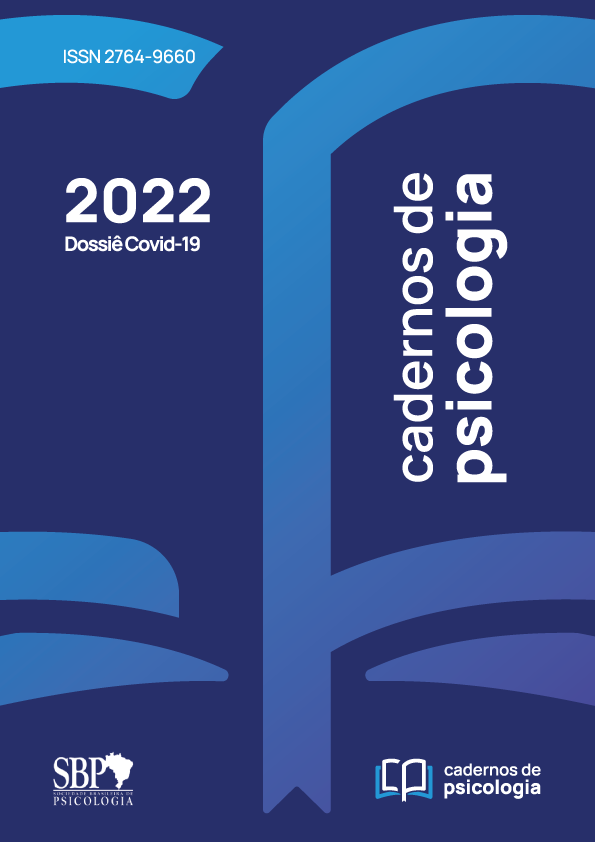The promotion of mental health in the context of the COVID-19 pandemic: embrancing mental distress through Integrative Community Therapy
Abstract
Mental distress is one of the biggest consequences of the COVID-19 pandemic in terms of magnitude. People of various social spaces and levels of income were affected by the infection or by the psychosocial impacts of the pandemic at different levels. The purpose of this paper is to problematize mental distress as a collective problem generated or aggravated by the COVID-19 pandemic, which, due to its dimension and magnitude, requires integrated and broad public health responses. In this theoretical essay, relevant social aspects in the context of mental disorders and psychic suffering in the pandemic are analyzed. The argumentative focus resides mainly on the social determinants of health and mental health in the pandemic, considering the community resources that can be used for embracing mental distress. To begin with, first aid measures in scenarios of collective health emergencies are discussed. Subsequently, the Integrative Community Therapy is presented as a mental health strategy that requires light technology based on community resources and inserted in an expanded perspective of health integrated to other dimensions of life. It is concluded that Integrative Community Therapy, in a context of social reconstruction, presents itself as an innovative resource for the promotion of mental health in public health and the rescue of hope in the context of disbelief and devaluation of life that characterized the Brazilian health crisis resulting from the COVID-19 pandemic.






